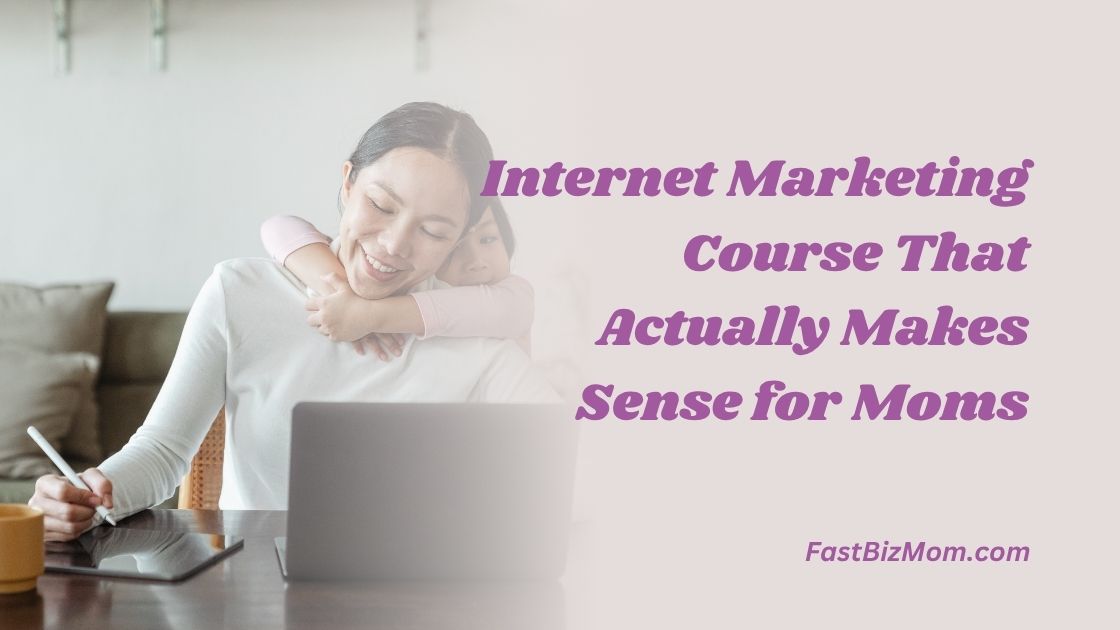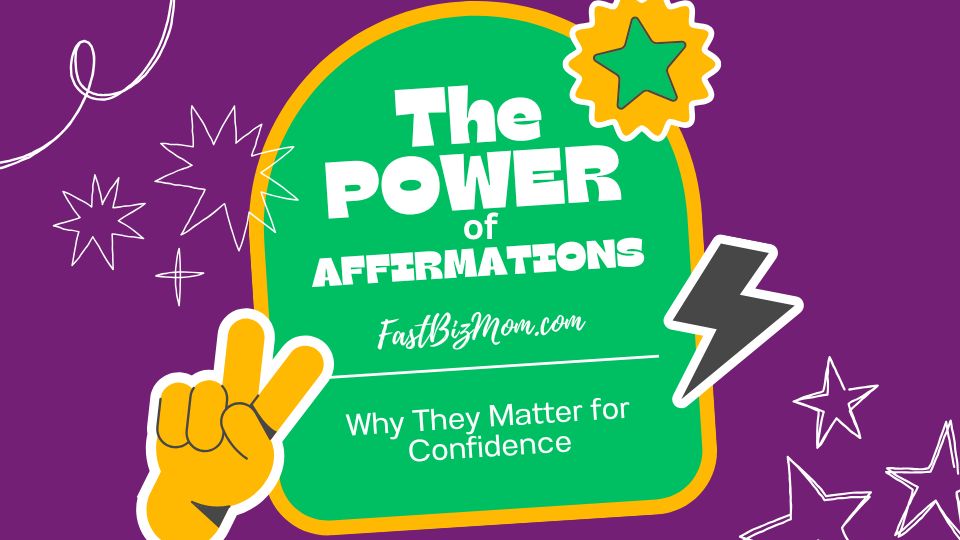Sometimes, the greatest empires are built with a laptop, a dream, and a cozy corner…

Seven Important Considerations When Growing a Product-Based Business
There are several important considerations when it comes to starting and growing a product-based business. Here are some to keep in mind.
1. Digital versus Physical
A lot will depend on the kinds of products you sell, digital versus physical. Digital is far easier because there isn’t any warehousing, inventory, picking, packing and shipping, and so on. On the other hand, physical products are often extremely popular.
2. Knowing Your Niche
Choosing the right topic or niche is essential if you are to make money and hopefully not start to get bored with what you are doing. You need to determine whether or not you have found a paying market, and if so, what kinds of products those interested in your niche are buying.
3. Going Head to Head with the Competition
Some new business owners make the mistake of thinking they need to come up with something completely unique. The truth is, if it is not already sitting on store shelves, or you can’t find similar eBooks and multimedia courses, there’s probably little demand for it. You can go head to head with your competition by offering similar products at the same or a slightly lower price to start gaining a market share. It’s easier than you think because you will simply be offering things you know people are already buying.
4. Price versus Value
As a new business owner, you may be tempted to price yourself lower than your competition in order to get some sales, but don’t drop your price so low that your target audience might wonder if there’s something wrong with your product.
Price is also not the only consideration when it comes to your prospects making purchasing decisions. There is value as well. Compare two digital products side by side, for example. Your product might be similar to others on the market, but offering great bonus items plus various extras like checklists, templates and other items your audience can really use will create a higher perceived value.
5. Positioning Yourself as an Expert
Don’t sell yourself short when it comes to starting your own business. Make the most of whatever past experience you have in that niche or industry, and knowledge you possess, to position yourself as an expert worth paying attention to. It will make it easier over time for prospects to recognize your brand and come to respect it.
6. Understanding the Logistics of Selling Physical Products
Perhaps you have invented a product you feel sure people will love. You’ve done your market research, surveyed your target audience, and are confident it is going to be a winner. Now you have to transform your idea into reality. There are many steps involved before your first unit is ever sold and arrives in the mail at the customer’s home. This process can take months or even years depending on what mistakes you make or blind alleys you go down.
Fortunately, there are examples you can follow of successful entrepreneurs who have gone before you and outlined a general formula for success. Books and eCourses can help you follow that formula.
7. Having a Frugal Mindset
You need to be frugal so you can minimize costs and maximize profits. Know what everything costs, down to the last cushioned back and roll of tape used to send out your orders, or what your warehouse/fulfillment house is charging for them to be sure you are getting the best deal.



